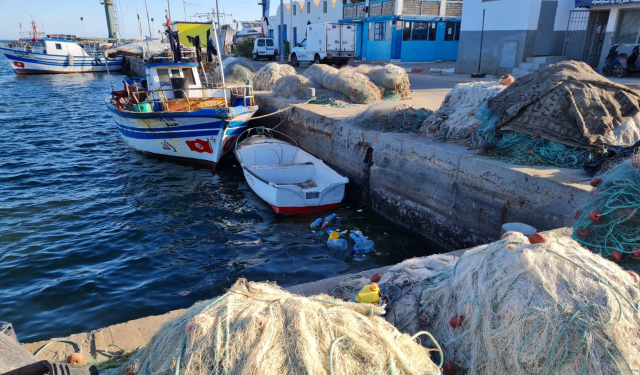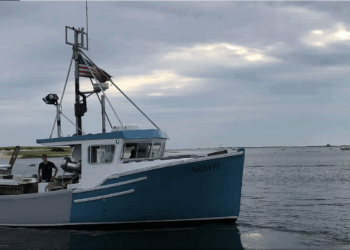ADPE: Association “Le Pecheur pour le dévelopement et l’environnement” (Fishers Association for the Development and the Environment) – A good practice for coastal communities comes from Zarzis – South of Tunisia, northernmost part of the African continent.
Zarzis is situated in south-eastern Tunisia, ca. 540 Km away from the capital Tunis. It is known by the pristine beach, the agricultural practice (which has been exporting quality olive oil for thousands of years), and maritime resources. The harbor of Zarzis is the local economy pivot, as it has always been since the Roman and Phoenician times. The town of 70,895 residents is at its most lively on Wednesday and Fridays, namely when the large market attracts many people into the town.
Today, it is still possible to admire the remnants of the port dating back to the Punic era, underlining clearly the importance of the harbours within the whole southern Mediterranean area.
Therefore, for those who seek a charming and serene town, Zarzis is the right alternative, being a city that upholds its traditional customs and heritage while boasting olive and sponge harvesting at the same time.
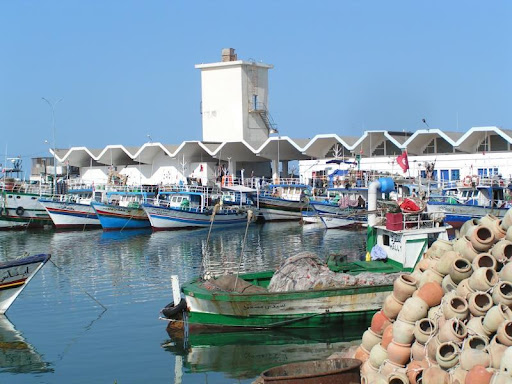
Speaking about Le Pecheur pour le dévelopement et l’environnement association, established on march 30th 2013, it is composed by 12 fisherman members, with the main goal being to defend and to support the interests of people involved in Blue Growt.
This association pursues three main objectives. Firstly, the protection of the local marine resources for the future generations; secondly, the development of the fisheries sector; and thirdly, contributing to the creation of an environmentally sustainable culture through the organization of seminars and activities related to the fisheries sector. The association has carried out several activities with various funders for the management of the marine sector, such as FAO, MSF, World Bank, Cogepect, PPI Oscan, UTSS, Longitude 181, Terre d’Asile Tunisie and so forth.
The first project implemented in the area was financed by the World Bank and consisted of training 56 young fishermen in scuba diving to maintain continuity in this activity and training 57 young rural girls in mending fishing nets for a total of five months. In addition, the association collaborated with a Japanese agency in order to create an artificial reef in the sea of Ras Marmour and Ras Jazira aiming to reduce illegal fishing in the area, to preserve the aquatic life of fish and to ensure the sustainability of resources.
Furthermore, this association has worked on a project called “Improving the capacity of fisherman in rescue and maritime safety” funded by Terre d’Asile Tunisie involving the fishermen through training on first aid and rescue of ship wrecked people. In addition to that, in 2019 the association carried out a project called ‘Protection of Migrants at Sea’. This project helped to improve the technical and legal knowledge of fishermen regarding the protection of migrants at sea, so that they can fully perform this function without fear.
In 2019-2020, the association implemented another project called ‘Promotion of an alternative marine tourism’. This project aimed to promote tourism as a partner in sustainable development within the Zarzis region, putting the fisherman at the forefront of the promotion of sea products. It also consisted in carrying on the idea that artisanal fishermen today must diversify their sources of income by opening up to other horizons of access to the sea:
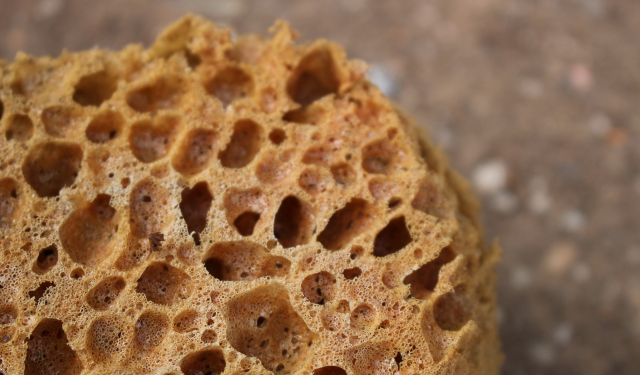
Let’s now see a short description of the Sea Sponge Festival and willingness to implement projects for the artificial reproduction of sponges and the conservation of the sea:
During the summer time (July and August mostly), the fishermen’s association organizes in cooperation with the sponge festival association, a large event called the Zarzis National Sponge Festival, which is the oldest festival and a hallmark of Zarzis’ cultural life, where visitors can go to the harbour to watch the sponge harvest and participate in this competition. The festival includes various activities, such as a swimming competition, horse riding, a sea rescue operation and the honouring of the oldest fisherman.
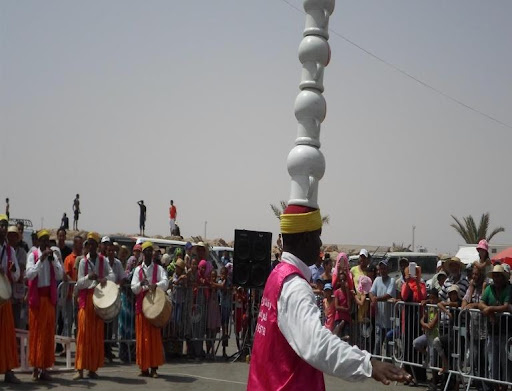
In the city of Zarzis, people speak about of the quality of the sponges that they buy.
Unfortunately, the local community has noticed the deterioration regarding the amount of sponge production in the last two years. As a matter of fact, while in 2019 fishermen were able to produce 9.5 tonnes per year, in 2021 they only harvested 0.3 tonnes per year.
For this reason, all of us need to think deeply about how sponge fishing activities will radically change and what will be the future of our fishermen.
Therefore, the sponge artificial breeding project is one of the tools on which we should invest in order to revive this marine animal.

